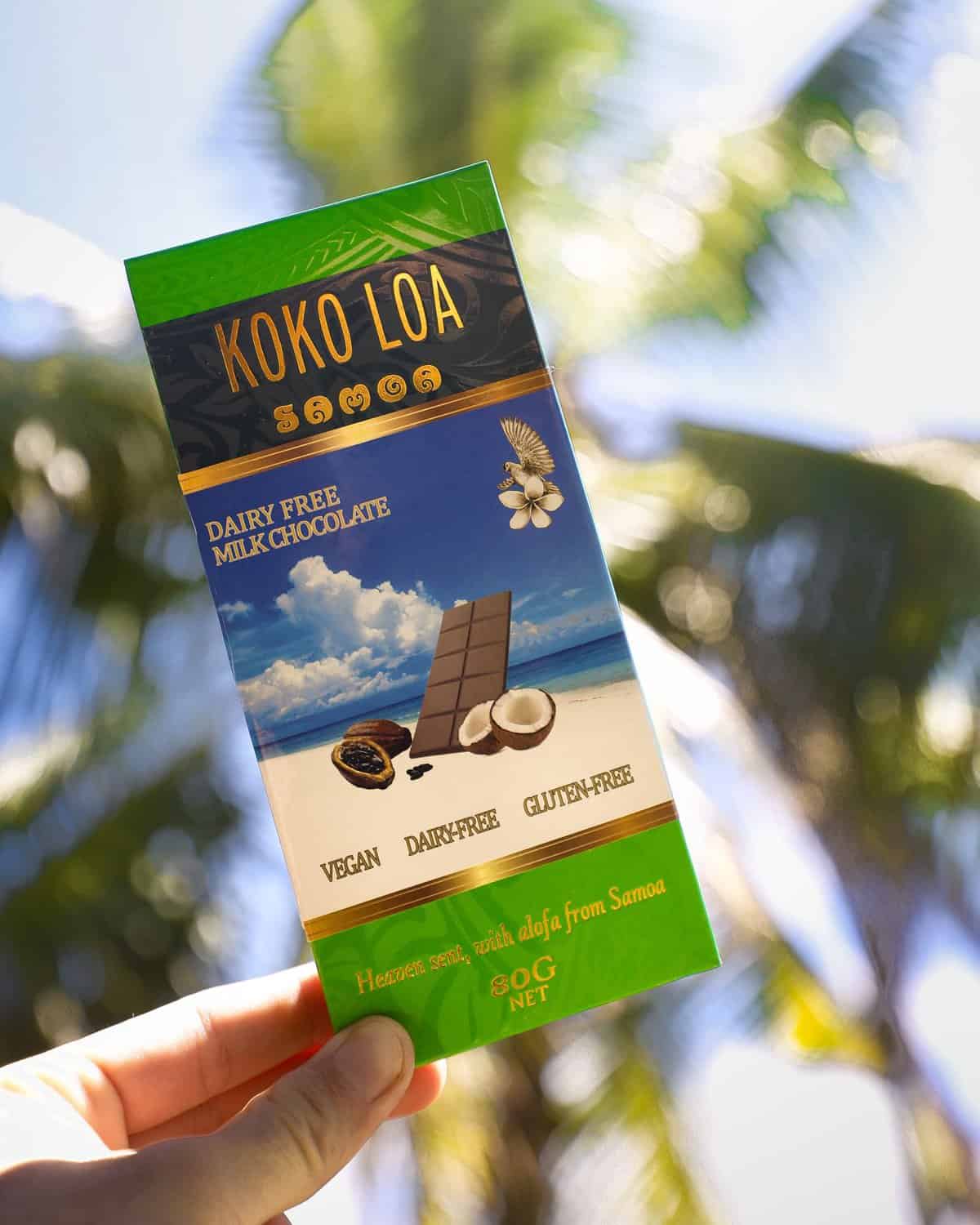“Our vision is to take Samoa products to the world,” says Nathan Wilson, Director of Wilex Samoa.
“That was the founder, my father Tangaloa Eddie Wilson’s vision, to create a gateway for the Samoan people to get their crops out into the world. Obviously, you can’t do that right now competitively without adding value to the crops that we have growing in the islands.
“We have earmarked cocoa, noni and kava as some of the crops with the biggest potential, adding value to different . . .
Please Subscribe to view full content...

